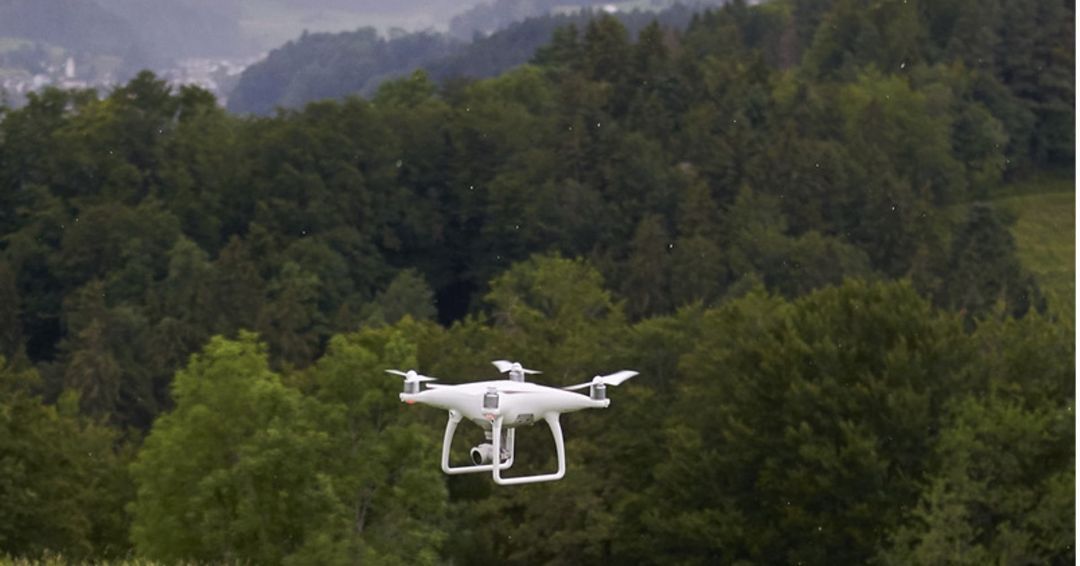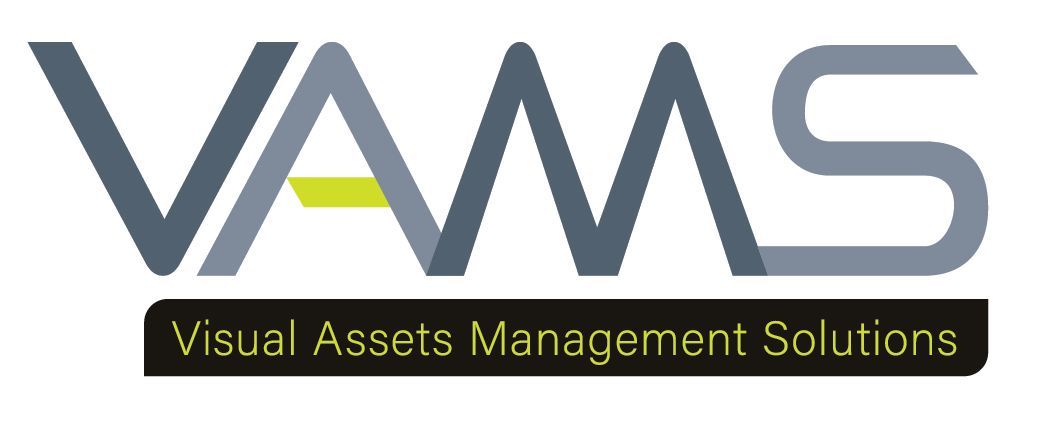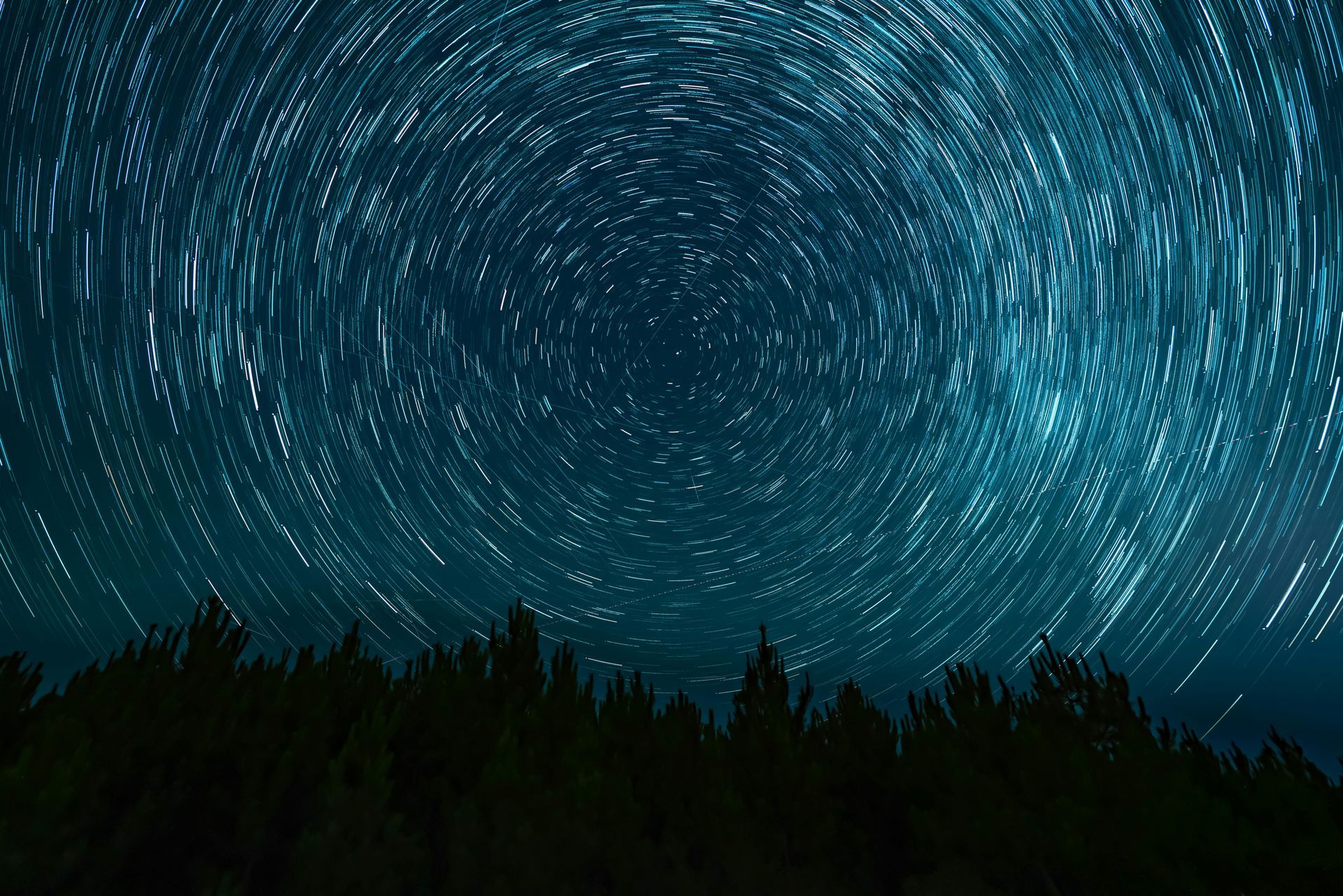Elevating Brand Stories with Drone Cinematography
Elevating Brand Stories with Drone Cinematography

Elevating Brand Stories with Drone Cinematography
Brands constantly compete for attention, making the art of storytelling more crucial than
ever. As a seasoned photographer, I've witnessed firsthand the evolution of visual
narratives and the impact they have on audiences.
One of the most game-changing developments in recent years has been the rise of drone
cinematography. This innovative technology has opened up a whole new realm of
possibilities for brands looking to captivate their viewers and leave a lasting impression.
Imagine soaring over a vast landscape, with the camera gracefully gliding through the air,
capturing breathtaking vistas and revealing hidden treasures. That's the power of drone
cinematography. It's not just about getting a bird's-eye view; it's about immersing your
audience in a visual journey that transports them to new heights and connects them
emotionally with your brand's message.
The Power of Aerial Perspectives
Drone cinematography oHers a unique advantage over traditional camera work by providing
shots that were once impossible to capture. With the ability to fly high above the ground,
drones can showcase sweeping panoramas and stunning bird's-eye views that give
audiences a fresh perspective on familiar subjects. These aerial shots add a sense of scale
and grandeur to any brand story, revealing the true scope of a company's operations,
products, or events.
Imagine a car commercial that begins with a tight shot of the vehicle's sleek exterior, then
suddenly pulls back to reveal the car driving along a winding coastal highway, with the vast
ocean stretching out to the horizon.
This type of dynamic tracking shot, made possible by drones, adds a cinematic flair that
draws viewers in and keeps them engaged. By showcasing products or locations from a
new vantage point, brands can create a sense of awe and wonder that leaves a lasting
impression on their audience.
Real-world examples demonstrate the power of drone cinematography in action. Take, for
instance, a recent product launch by a leading technology company.
To showcase their latest smartphone's cutting-edge features, they used drones to capture
footage of the device being used in various locations around the world, from the bustling
streets of Tokyo to the serene landscapes of Iceland. By showing the product in diverse
environments, all from a unique aerial perspective, the company was able to convey the
global reach and versatility of their brand.
Immersive and Emotional Storytelling
Beyond providing unique visual perspectives, drone cinematography also has the power to
create immersive and emotionally engaging brand stories. When viewers see footage
captured by a drone, they often feel as though they are flying alongside the camera,
exploring new territories and discovering hidden wonders. This first-person experience
pulls audiences into the narrative, making them active participants rather than passive
observers.
The emotional impact of drone footage cannot be overstated. Whether it's the sense of awe
inspired by sweeping aerial shots of a natural landscape or the excitement generated by
dynamic tracking shots of an extreme sports event, drones have the ability to evoke
powerful feelings in viewers.
By tapping into these emotions, brands can forge deeper connections with their audience
and create memorable experiences that resonate long after the video ends.
A prime example of this emotional storytelling can be found in a recent campaign by a
nonprofit organization dedicated to protecting endangered species. To raise awareness
about the plight of the African elephant, they used drones to capture stunning footage of
these majestic creatures roaming across the savanna.
By showing the elephants in their natural habitat, from a perspective that highlights their
beauty and grace, the organization was able to inspire a sense of wonder and compassion
in viewers. The campaign was a resounding success, with thousands of people sharing the
video on social media and pledging their support for the cause.
Technological Advancements in Drone Cinematography
The rapid evolution of drone technology has been a game-changer for the world of
cinematography. In recent years, we've seen significant improvements in image quality and
stabilization, allowing drones to capture footage that rivals the work of professional-grade
cameras.
With the ability to shoot in 4K resolution and beyond, drones can now deliver stunningly
detailed and crystal-clear visuals that bring brand stories to life like never before.
In addition to improved camera capabilities, modern drones also boast a range of
intelligent flight modes that make capturing complex shots easier than ever.
Features like subject tracking allow the drone to automatically follow a moving target,
keeping it in frame while maintaining a safe distance. This opens up new possibilities for
dynamic action shots and allows brands to showcase their products or services in a more
engaging way.
Other advanced features, such as automated flight paths and obstacle avoidance systems,
have made drone cinematography more accessible to a wider range of users. By simplifying
the process of capturing aerial footage, these technologies have empowered brands to
experiment with drone storytelling in-house, without always needing to rely on expensive
professional services.
Looking ahead, the future of drone cinematography is filled with exciting possibilities. As
the technology continues to evolve, we can expect to see even more advanced features
and capabilities that will further revolutionize the way brands tell their stories.
From autonomous drones that can navigate complex environments to AI-powered editing
tools that can automatically select the best shots, the potential applications are endless.
Cost-effectiveness and Accessibility
One of the most significant advantages of drone cinematography is its cost-effectiveness
compared to traditional aerial filming methods. In the past, capturing aerial footage often
required hiring expensive helicopters or chartering small planes, which put it out of reach
for many brands. With the advent of drones, however, even small businesses and startups
can now afford to incorporate stunning aerial visuals into their marketing campaigns.
While professional drone services are still advisable for high-end productions, the
increasing accessibility of the technology has made it possible for brands to experiment
with aerial footage in-house. Entry-level drones equipped with high-quality cameras can be
purchased for a fraction of the cost of traditional aerial filming equipment, allowing brands
to capture footage for smaller projects or social media content without breaking the bank.
In addition to being more budget-friendly, drones also oHer a level of eHiciency that
traditional filming methods can't match. With the ability to quickly set up and deploy,
drones can capture footage in a matter of minutes, saving valuable time on set. This is
particularly useful for projects with tight deadlines or for capturing events as they unfold in
real-time.
The combination of cost-effectiveness and efficiency makes drone cinematography an
attractive option for brands looking to maximize their return on investment. By creating
engaging and visually stunning content that resonates with audiences, brands can see a
significant boost in engagement, brand awareness, and ultimately, sales.
In fact, studies have shown that videos featuring aerial footage tend to have higher
engagement rates and longer view times than those without, making drone cinematography
a smart investment for any brand looking to stand out in a crowded market.
Tips for Success and Best Practices
To ensure the best results when incorporating drone cinematography into your brand
storytelling, it's important to follow some key best practices.
First and foremost, it's essential to work with an experienced drone operator who has the
necessary licensing and expertise to capture high-quality footage safely and legally. While
it may be tempting to cut costs by hiring an amateur or attempting to fly the drone yourself,
the risks of doing so far outweigh any potential savings.
Before taking to the skies, it's crucial to have a clear creative vision and plan for your drone
footage. This means taking the time to storyboard your shots, scout locations, and
determine the best angles and movements to showcase your brand's message. By having a
well-defined plan in place, you can ensure that your drone footage integrates seamlessly
with the rest of your content and tells a cohesive story.
It's also important to keep in mind that drone operations are subject to various regulations
and safety guidelines. Depending on where you're filming, you may need to obtain permits
or follow specific rules regarding altitude, proximity to people and buildings, and other
factors.
Failing to adhere to these regulations can result in hefty fines and even legal
consequences, so it's essential to do your research and work with a drone operator who is
well-versed in the latest rules and best practices.
A Bird's Eye View on Brand Success: The Rise of Drone Storytelling
Drone cinematography has emerged as a powerful tool for elevating brand stories and
engaging audiences in new and exciting ways. By providing unique perspectives, immersive
experiences, and emotionally resonant visuals, drones have transformed the way brands
connect with their customers and stand out in an increasingly competitive marketplace.
Moreover, with advancements in technology making drones more accessible and coste
effective than ever before, there's never been a better time for brands to explore the
potential of aerial cinematography.
Whether you're a small startup looking to create engaging social media content or a large
corporation seeking to showcase your global reach, drones oHer a world of possibilities for
telling your brand's unique story.

